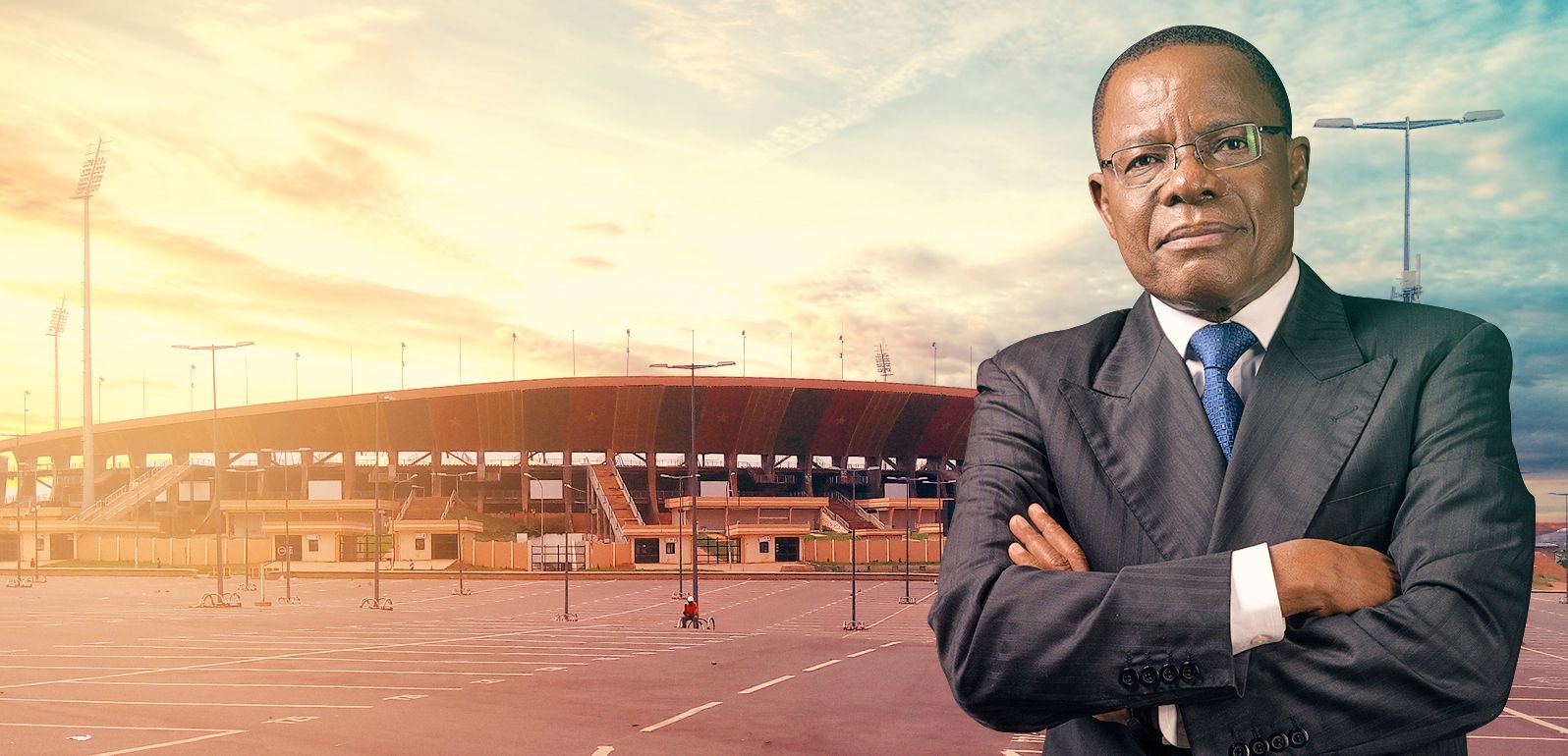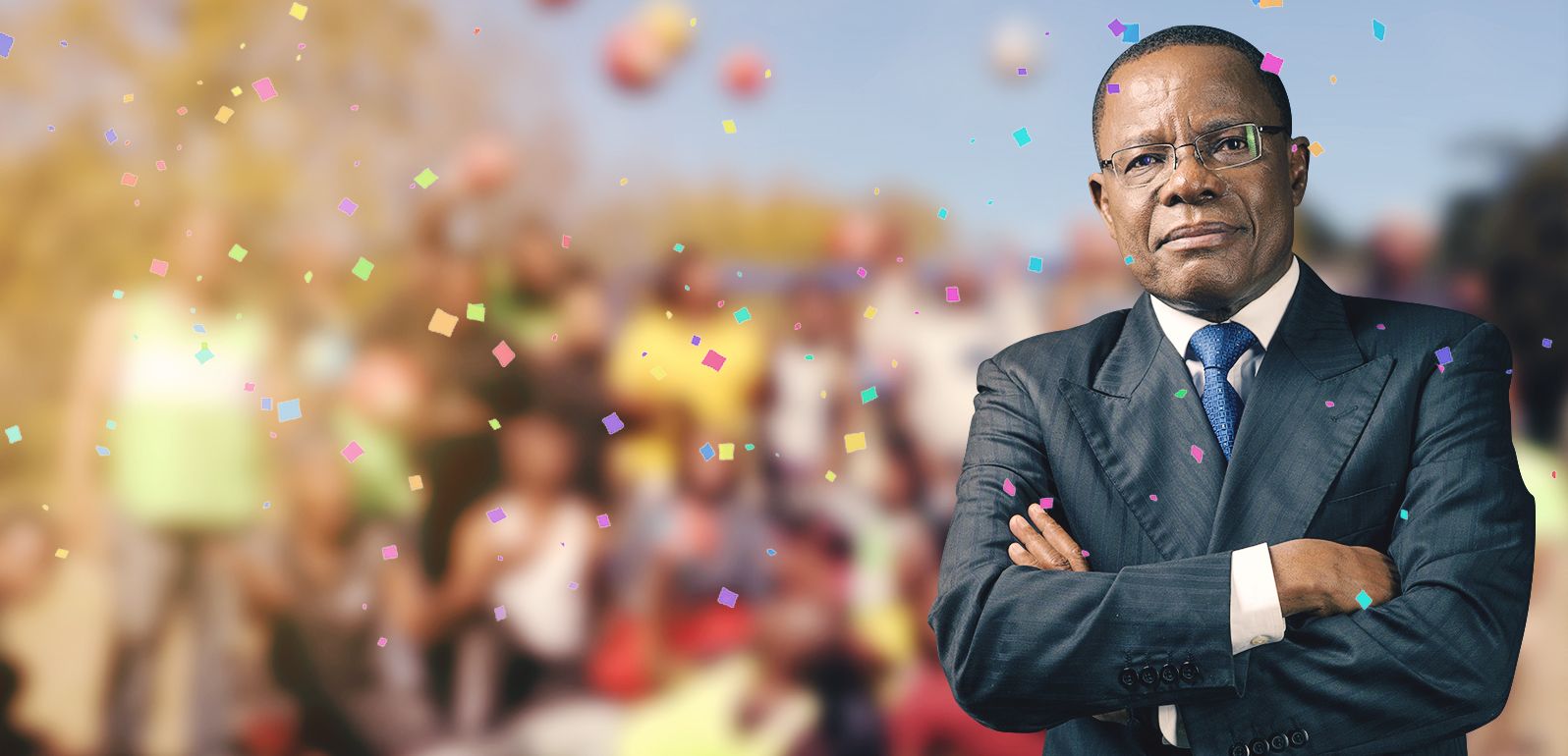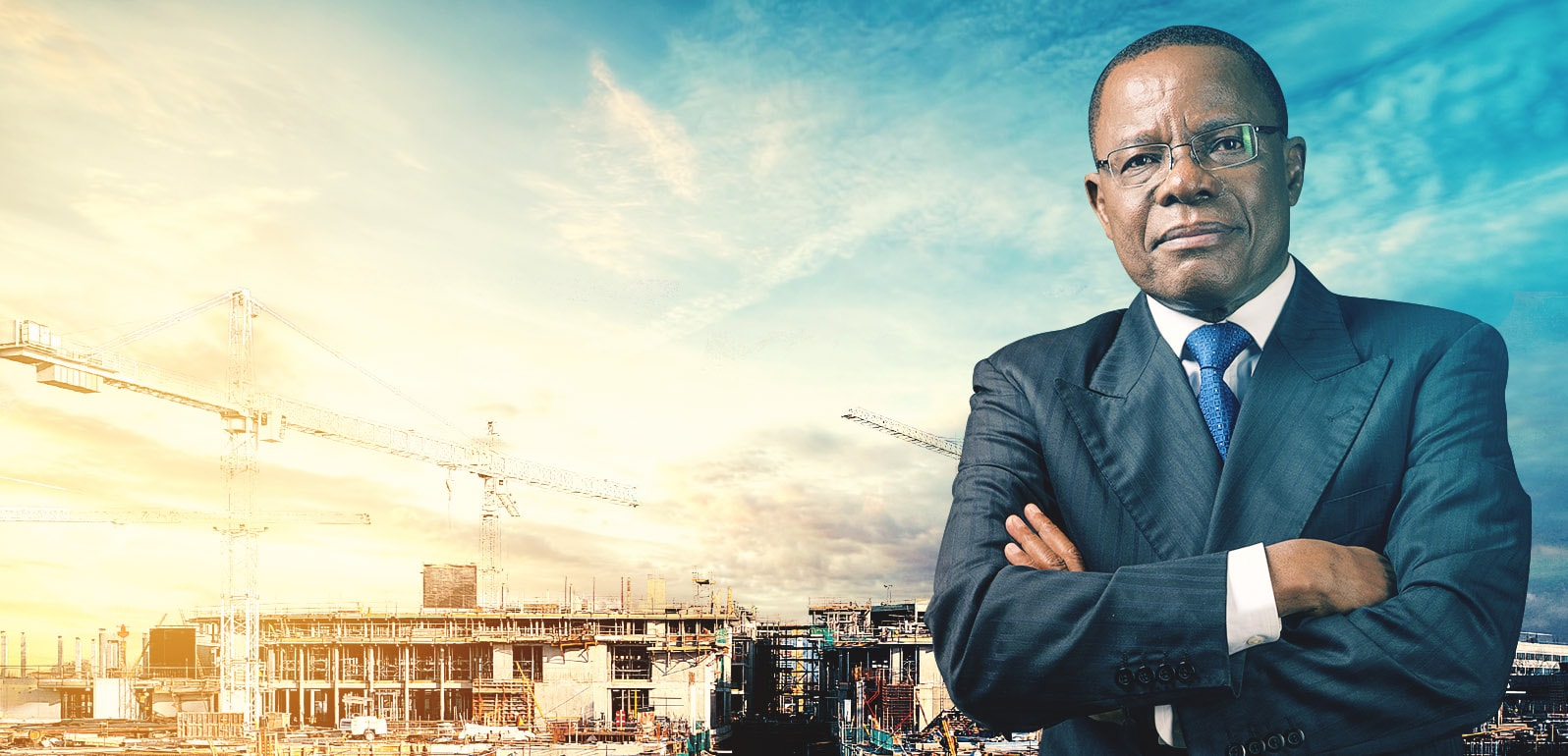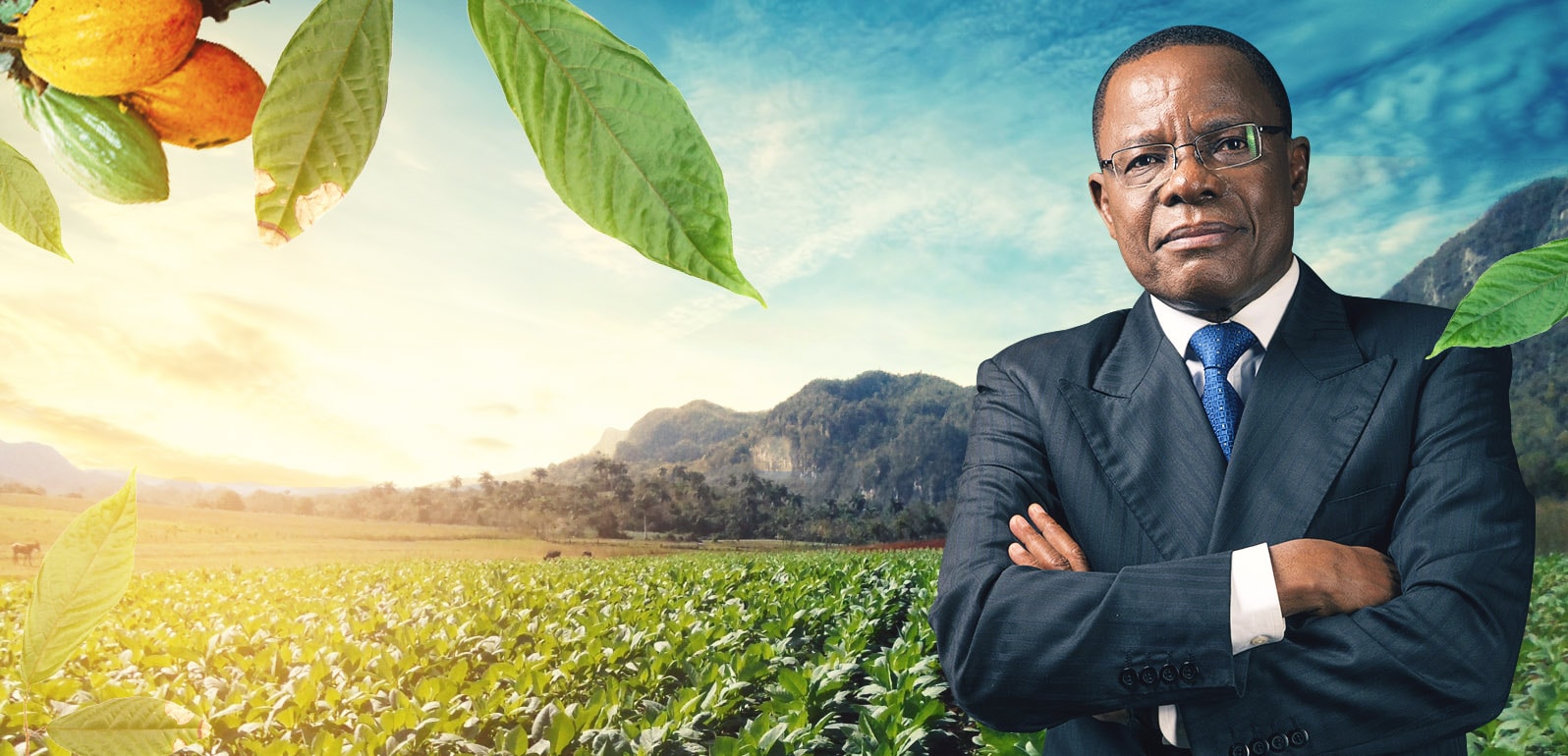Institutional Reforms
The CRM and several other actors of the Cameroonian political scene, as well as the civil society, have proposed in recent years reforms that deal with some provisions of the Electoral Code, on which the national political forces can easily agree. Unfortunately, the Parliament has very often acted as a registration chamber for proposals and bills mainly from the Government. This reinforces the idea widely shared by various political and civil society sensitivities of the need for constitutional reform with a view to rebalancing powers within the State, first between the executive, the parliament and the judiciary then, within the Executive between the Presidency of the Republic and the Government, and finally between the State and the Regions or the Federated States if this is the choice of Cameroonians.
Modernising the institutions
- we will reform the Constitution by introducing in particular:
- The limitation of the number of presidential terms to a one-time renewable mandate;
- The presidential election in two rounds;
- Lowering of the voting age from 20 to 18 years;
- The rebalancing of power between the Executive and the Parliament: allow parliamentarians to set up parliamentary inquiry commissions without requiring the approval of the President of the Republic as is the case in practice today; involve the Parliament in appointing the heads of the main judicial institutions (First President of the Supreme Court, President of the Constitutional Council); to place the Sovereign Fund under parliamentary control; inform Parliament of the management of the country’s natural resources
- The rebalancing of power within the Executive, between the President of the Republic and the Prime Minister: make the Prime Minister the true head of the Government with necessary authority who carries out his mission of coordinating government action and implementing the policy defined by the Head of State; the latter maps out the direction by defining the national policy, the Prime Minister is responsible for implementing the policy thus defined.
- The strengthening of the judiciary, inter alia, by reducing the influence of the executive on the functioning of judicial institutions: the Superior Council of the Judiciary will no longer be chaired by the Head of State, but by the first President of the Supreme Court; its composition will be modified to include representatives of civil society.
- The creation of a Cameroonian national language;
- The definition of a new land policy to guarantee to the State the land resource necessary for the realisation of
collective projects and to offer the necessary security on the market of land transactions. - The organisation of the National Conference on Citizenship and Fraternity, whose main results will be
enshrined in the Constitution. - Methodical and determined fight against corruption, tribalism and nepotism.
Rule of law and justice
Any successful justice that meets the expectations of the people and respects the people on whose behalf it is
rendered is based on the rule of law.
- Restoration of the rule of law and the inscription of freedom of expression, the protection of journalists and
their sources of information and the freedom of association in a charter of democracy. - Guaranteeing that the law is fair, widely disseminated and applied without any discrimination to all, State and
citizens of any kind. - Strengthening legal and judicial security. In particular, magistrates’ assessment commissions will be set up in the courts of jurisdiction and courts of appeal, composed of judges and civil society figures.
- The reform of the Audit Bench of the Supreme Court, in particular to give it power to sanction the authorising
officers and accountants. - The creation of a perfectly bilingual law school (Cameroon Law School / Institute of Judicial Studies) for the
training of court officers (Lawyers, Notaries, Bailiffs). It will be managed in consultation with the professional orders, which will be full-fledged educational facilitators. More than one such school can be created in different parts of the country. - The guarantee to every Cameroonian citizen, any national or foreign investor that the same law will be applied to all.
- We will complete the reform of the judicial system, in particular by settling the question of traditional jurisdictions, the independence of the judiciary, in particular through the system of appointment of magistrates, the creation and establishment of missing jurisdictions.
- The preference and encouragement of dialogue as a tool for consultation between the various social partners,
particularly between employers and trade unions.
A Consensual Electoral Code
- We will propose to the Parliament a consensual reform of the Electoral Code:
The introduction of the single ballot - Taking into account the constitutional revision introducing the elections in two rounds
- The same probative force in all ballot result count records in a polling station given to the representatives of the candidates and to ELECAM: all the records will be equally authentic
- The reform of ELECAM, in particular its composition, to include the representatives of political parties and the methods of appointment of its leaders
- Taking into account the constitutional revision introducing the vote at 18 years
- The introduction of compulsory voting in Cameroon.






